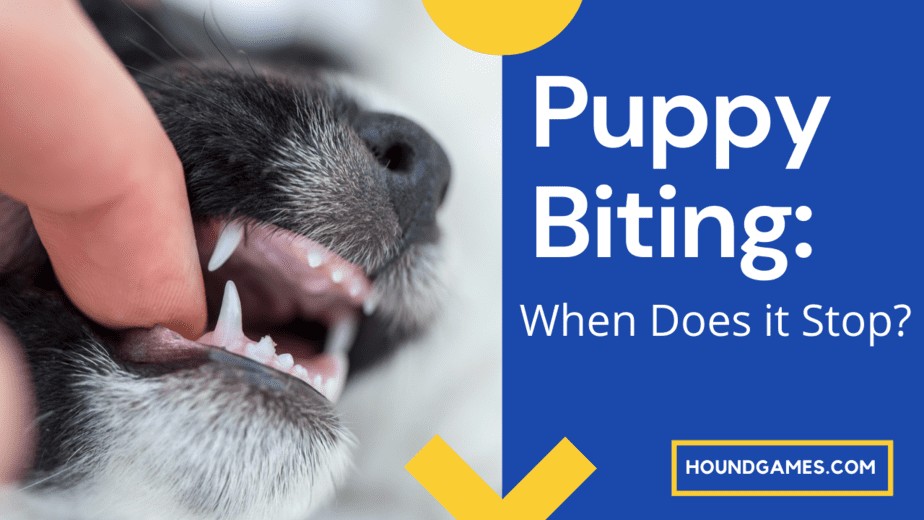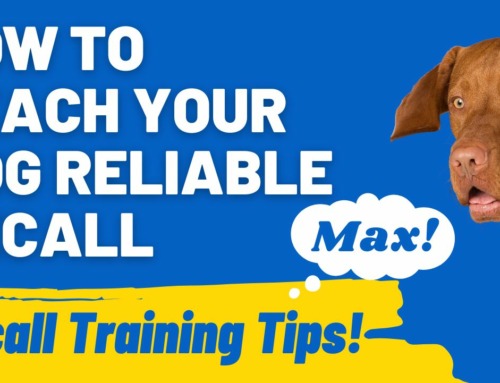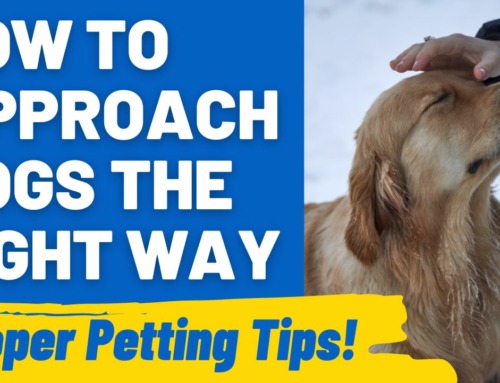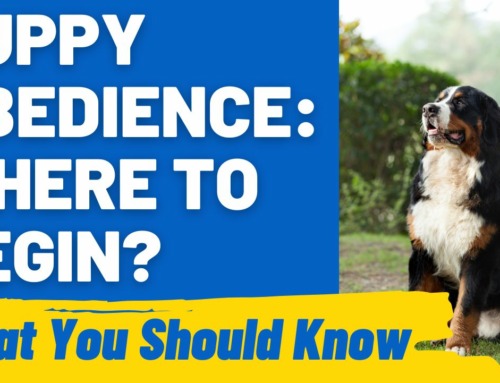Veterinarian Answer
Biting behavior in puppies is normal, although it can be frustrating! Puppies are a lot like babies in the sense that they explore by putting things into their mouth.
Puppies experience teething, and the razor-sharp puppy teeth are typically replaced by adult teeth by 6 months of age. Around then is when you should notice a decrease in your puppies’ mouthy behavior. However, some puppies don’t realize that biting is not an acceptable behavior, so it is up to us to teach them.
When your puppy latches on to you as a chew toy, very quickly replace your arm with an appropriate toy and praise the pup for chewing on an appropriate toy. Simply separating yourself from the puppy when the biting behavior occurs can prove your point as well.
Although frustrating and occasionally painful, puppy biting is simply a stage that puppies can grow out of with appropriate training.
Dr. Marti Dudley
When does puppy biting stop?
Not only do puppies like to bite, but they do it frequently, and with sharp, tiny teeth that tear our favorite clothes and sometimes require our hands to be covered in bandaids.
The good news: puppy biting doesn’t last forever. Many puppies stop biting as they mature, and there are several good strategies (covered below) for coping in the meantime.
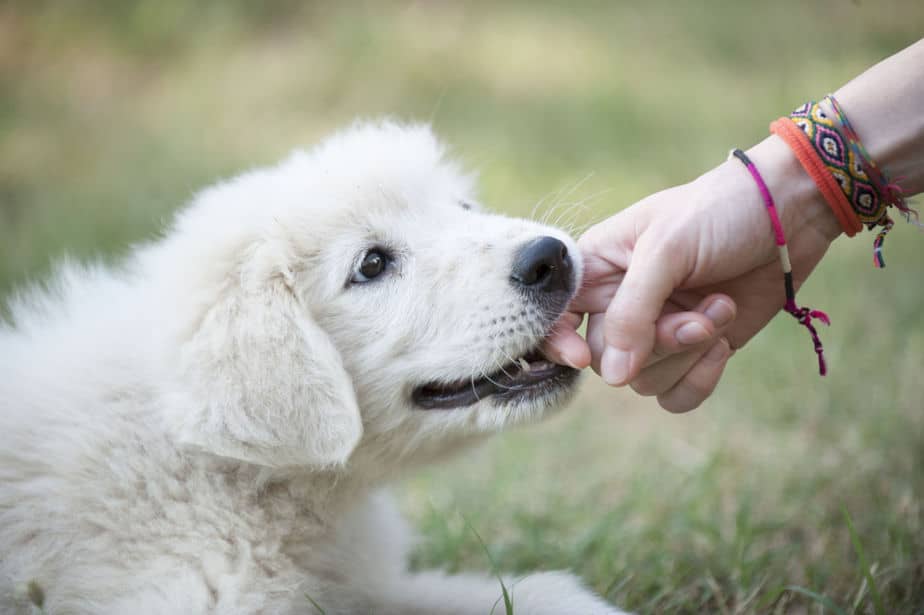
What age do puppies stop biting?
Puppies will not stop biting, however, biting will decrease significantly after 6 months of age. This is because after this time, puppies lose their baby teeth and they are replaced by adult teeth.
Once the teething period has ended, puppies will bite less. Owners can also teach bite inhibition, as well as supply adequate chew toys.
It’s important for puppy owners to know this: biting is normal behavior. It’s rare that a puppy is biting due to aggression (more on that later). Instead, puppies commonly bite because they explore their world through their mouths.
They all go through a phase of teething, and may have a breed tendency to bite or hold things with their mouths.
At 2-4 weeks of age, your puppy gets their first set of teeth. These teeth are often called baby teeth or milk teeth and are extremely sharp in comparison to their adult teeth.
Your puppy will likely have their baby teeth when you bring them home. At 3-4 months old, your puppy will start to lose their baby teeth and their adult teeth move into place.
You may find their baby teeth, but puppies often swallow them instead and you may only notice this change if you are inspecting their mouth.
If you’re concerned your puppy hasn’t lost their baby teeth yet, be sure to read our post about puppy teeth here. This process of losing baby teeth and the adult teeth growing into place ends by the time most dogs are 6 months old. Baby teeth remaining at this point may require removal by a veterinarian.
This phase – teething – is a large reason why puppies bite. Their mouth is uncomfortable, and biting things helps it feel better! Because teething is a huge reason why puppies bite, most owners see a reduction in puppy biting and nipping when their puppy is around 6 months old.
Just because a puppy isn’t teething anymore doesn’t mean they will fully stop biting, though. In the majority of puppies, biting decreases, but you’ll also need to teach puppies how to appropriately use their mouths in order for them to stop biting.
It’s also important to provide various toys to redirect your pup’s biting. Here is our comprehensive list of the best enrichment toys for dogs.
Do puppies grow out of biting?
For most dogs, a major factor in stopping puppy biting is age. There’s no simple answer to the question “At what age does a puppy stop biting?” because of the various factors at play, but we do know that age plays a role.
Puppies typically reduce their biting by 6 months of age, as they have finished teething. For puppies that have been appropriately managed and taught good skills before this, they may grow out of biting completely by 6 months old.
Other puppies may grow out of biting later in their adolescence, especially if they have not been taught what is appropriate. Certain breeds – namely many herding dogs, especially Belgian Shepherds – never “grow out” of biting.
This is one reason why it’s so important to research breed characteristics. Belgian Malinois are a breed that excels at “bite sports,” so to expect a Malinois to grow out of biting is unrealistic.
Border Collies can also be a biting breed and we have a post on biting Border Collies here. For many other breeds, though, they lose their desire to bite and nip an excessive amount once they’ve finished teething.
This, coupled with a general maturity and training as to appropriate behavior with their teeth, is what leads some to conclude that puppies simply grow out of biting. Age and maturity are important, but you often need to teach your dog to stop biting, too! Does your puppy lunge and bite at faces? If so, then be sure to read this post: Puppy Lunging: At Faces, Other Dogs, People
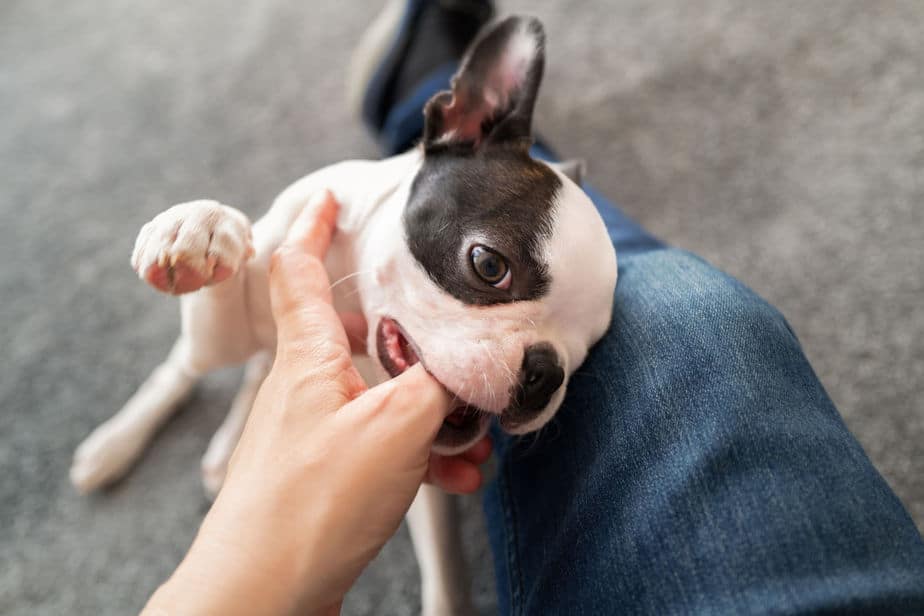
How to stop biting, fast
While you might have thought you were prepared for a puppy-biting phase, when you have a little land shark chomping at you tirelessly, it can get frustrating. In that moment, you just want the puppy biting to stop – and fast!
Luckily, there are a few things you can do to help stop puppy biting. There are 3 main ways to stop puppy biting, depending on the reason they are biting: naps, appropriate chews, and redirection. Most puppies benefit from the solution in each category at some point!
Overtired puppies lead to biting
First, we have naps. When your puppy is overtired – think like a toddler protesting a nap – they are more likely to bite.
In my experience, when a puppy is biting anything they can reach with their mouth or they won’t redirect to another behavior, a nap is the solution.
In moments when your puppy is biting because they’re too tired and need to sleep, you’ll want to direct them to their crate, pen, or puppy-proof room to spend some time away from you. Place training can be helpful here. It’s important to note this shouldn’t be a punishment.
If a toddler is overtired, we don’t send them to nap as a punishment. Rather, the nap is a necessary solution. So, put your puppy in their pen, but do so in a kind and gentle manner, ensuring your puppy has chew toys and a cozy place to sleep to set them up for napping success.
Young puppies often sleep 18 or more hours a day, and while adult dogs spend less time sleeping, a lot of a dog’s life is spent at rest.
The average adult dog spends 50% of their time sleeping, 30% awake but resting, and only 20% being active. With puppies needing more sleep than adults, it’s easy to see how a day of socialization and other activities quickly results in a puppy that needs to take a nap.
Chew toys are preferable to biting skin
The second way to stop puppy biting is to ensure they have appropriate chews. Remember: it’s normal for puppies to bite, and for most dogs, it’s a biological need to chew on things.
Too many owners think they have an appropriate chew for their dog, only to realize their dog prefers a different texture or flavor. Play around with various options to see what works best for your puppy! Some options include:
- Kong or Toppl filled and frozen
- Cow ear, bully stick, beef trachea, or other natural chew
- Benebones or nylabones
- Scented Playology rubber chew sticks
- Frozen carrots
- HoundGames puzzle toys
As you can see, the items on this short list alone are of a variety of textures and toughness. What your puppy prefers can also vary as they grow, so make sure you have an assortment of options.
Some dogs benefit from appropriate opportunities to chew more than others, but all dogs enjoy chewing as a regular and natural behavior. Even my 3-year-old dog, Windi, needs regular access to appropriate chew items to prevent “bad” behaviors.
Without a rotation of chews from the list above, he looks for his own chew toys, which might not be safe (or things I want chewed!). As I write this, he is sitting under my desk, chewing on a natural hoof. He also has a rubber Playology toy and a flavored nylon chew available so he has options of different shapes, sizes, and textures.
The more appropriate chew toys that are available, the easier it will be for your puppy to make the right choice when they want to bite something. If your puppy is always jumping and biting at clothes, then be sure to read our post Is Your Puppy Jumping and Ripping Clothes? Do this…
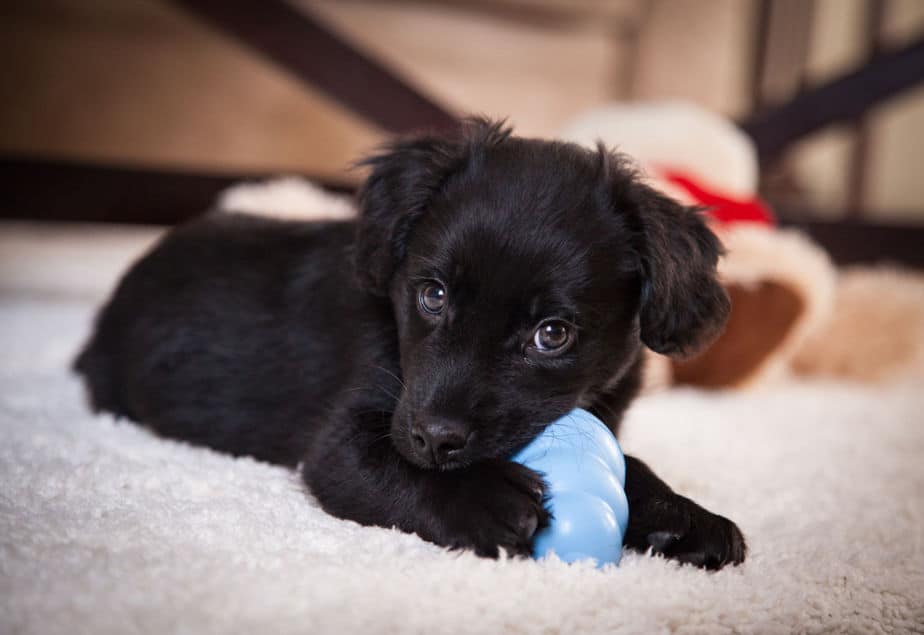
Redirect puppy away from biting
Finally, the 3rd (and possibly the most important) way to stop puppy biting is to redirect, redirect, and redirect some more. If your puppy is biting your hands during play, then grab a (readily available, because you’ve stocked up on options!) toy and encourage them to play-bite the toy instead.
When your puppy thinks that snuggle time is actually bitey time, put them on the floor instead and encourage them to do another activity. Many owners, at this advice, exclaim “I’ve tried redirection! My puppy still bites!” Most of the time, upon further investigation, they have tried redirecting the puppy only a handful of times and have now given up on their 10-week old puppy ever learning not to bite.
Redirecting a puppy 5 or 6 times does not end puppy biting. Recall earlier in this article, when we talked about puppies going through a phase of teething until 6 months old?
Redirection should be a consistent way you respond to puppy biting all the way through your puppy’s first several months, if necessary. Remember – puppy biting is normal behavior.
If you own a puppy, you should expect some level of puppy biting until they mature. Methods to stop puppy biting fast, such as the 3 we have listed, work to quickly stop your puppy from biting at that moment.
After all, a puppy can’t bite you if they are separated from you for a nap, or if they have an appropriate toy in their mouths, or are guided to a different activity.
Puppies will bite. It’s normal. That doesn’t mean you need to ignore biting and settle for being a chew toy for the next several months. Instead, focus on redirecting your puppy, providing appropriate chews they like, and ensuring they are well-rested.
Doing those 3 steps will stop puppy biting when it occurs, and set your puppy up to stop play biting entirely as they mature and stop teething.
Stop a puppy from biting when excited
A common puppy response to excitement is to bite. When dogs are excited and don’t know a more appropriate outlet for their excited energy, they engage in natural dog behaviors, such as running, play biting, barking, or jumping.
If your puppy is biting when they’re excited, you’ll first need to ensure the environment is set up to best manage the situation. When is your puppy so excited they bite? Is it when you come home from work, or when you feed them dinner?
If you can predict situations that will be extra exciting for your dog, you can prepare by having your puppy on a tether or having an enticing toy available. For example, if your puppy is so excited about dinner that they nip at your ankles, you can set your puppy up for success by using a tether.
Tethers can be as simple as a leash looped around the leg of a piece of furniture – or you can use a short cable that is chew-proof for puppies that might chew on the leash.
Before getting ready to feed your puppy, attach them to the tether. Then, you can prepare their dinner without a puppy chomping at your feet, since the tether keeps them at some distance from you.
Then, you can practice the puppy settling for their dinner. Approach the puppy, and if they begin to fuss at the end of the tether, trying to reach you to bite, stop your approach and turn the other way.
With a few repetitions, your puppy will start to learn that you only approach when they are settling with their feet calmly on the floor. Biting and other obnoxious behaviors cause you to leave.
This same type of management can be used when visitors arrive, or other exciting events occur, either by using a tether or a gate. The other option is to redirect your puppy in moments of excited play to a toy, rather than your hands.
Stop puppy from biting hands, feet, and clothes
Puppies that bite hands, feet, and clothing are normal puppies. It’s still annoying behavior to us humans, though!
Punishing your puppy for biting you is unlikely to help the problem, and may actually make their behavior worse. When punished for biting – either by yelling, physical punishment, or otherwise – your puppy is unlikely to learn not to bite you.
Instead, they learn that their owner is the cause of some pretty scary or painful stuff, which can lead to your puppy being scared of you.
Also, because puppies have a biological need to chew on things, chewing and biting often continues. So, if you shouldn’t yell at or punish your puppy when they bite you, what should you do?
First, always ensure you have toys available to redirect your puppy. Besides having them scattered on the floor of your house, you may consider keeping a toy or two in your pocket so you aren’t caught unaware.
When your puppy tries to bite your body or clothing, calmly redirect them to a more appropriate toy. If they won’t redirect to a toy – and it’s a toy they normally do enjoy – it’s time to remove yourself from the situation.
Step over a baby gate, shut a door, or otherwise block your puppy from biting you. No fuss or stress about it, just calmly preventing the biting from occurring.
Once your puppy has settled, approach them again – and leave again if necessary. If this does not easily stop your puppy from biting you within a few repetitions, it’s likely your puppy needs a nap, in which case you should place them in their pen or crate for some down time.
Puppy only bites me
If this is something you’ve thought or said: “My puppy is usually a good dog, but they won’t stop biting me!” or “I’ve tried everything, and they aren’t biting other people nearly as much as they are biting me!” then it’s time to evaluate a few more things.
First, is your puppy truly biting only you? Or, rather, do you just spend the most time with your puppy, and are most aware of puppy biting happening to yourself?
If your puppy is actually only biting you, it may be because the “rules” are different with you. When strangers pet your puppy, it’s easier to consistently enforce the boundaries of no jumping or biting than it is with yourself.
Puppies only interact with others outside your home for a short period of time, and often when you’re prepared to train your puppy and teach them good manners. However, puppies are learning all the time.
If you are tired after a long day at work and wearing comfortable sweatpants that already have a few holes, you might wonder if a few more holes really make a difference. After all, it’s keeping your puppy occupied, and you’re tired!
Letting puppies sometimes push boundaries with you, while trying to enforce them at other times, can create a confusing world for your puppy. If your puppy is biting you more than others, you should evaluate if you can create rules that are clearer for your puppy, as well as if you have given your puppy other appropriate outlets.
Aggressive puppy biting
It’s abnormal puppy behavior to bite due to aggression. It’s important to clarify at this point – “aggressive” puppy biting in dog behavior terms means a dog that is biting out of fear or aggression with the intent to do harm or stop something from happening.
“Aggressive” puppy biting in dog behavior terms does not mean a puppy that is relentlessly and constantly biting at you in play.
What’s the difference between the two? In true aggressive bites, puppies are often stiff before biting, may crouch and growl, and may bite to prevent you from taking away a toy.
What some owners may think is “aggressive” puppy biting, on the other hand, is just a matter of a normal puppy that doesn’t know any better consistently trying to bite, even leaping at faces, because puppies explore the world with their mouths.
In this case, puppies are loose and bouncy, often playing (including the occasional play growl), and having fun with their own game.
For a complete breakdown of puppy aggression, be sure to read our post about it here.
If you are unsure if your puppy is just biting a lot in play, or if they are actually biting due to aggression, you should seek the advice of a qualified behavior professional, such as a Certified Dog Behavior Consultant (CDBC) with the IAABC or a Certified Behavior Consultant Canine (CBCC-KA) with the CCPDT.
The good news is that the vast majority of puppies are not going to bite out of aggression. Even in the case of adult dogs that display aggressive behaviors such as fear-based aggression, the behavior is rarely as severe, or even present, in a very young puppy.
Why is my puppy biting me aggressively?
If your puppy is truly biting you due to aggression, it’s often the case that they are either genetically predisposed towards aggressive behavior, and/or they are extremely scared.
Unfortunately, some puppies are born with a level of aggression that is present from a young age that may make them unsafe in many situations. However, this is rare – especially to see in a young puppy – and you should seek professional help if you think this might be the case for your puppy.
Fortunately, there are professionals that can help you through potentially difficult decisions. In many cases, puppies that are biting as an aggressive behavior are resource guarding – or keeping you away from their comfy place, favorite chew, or their food bowl.
In many cases, resource guarding can be managed and improved. If you think your puppy is biting because they are guarding something, the book Mine! by Jean Donaldson is an excellent reference, in addition to the help of a professional trainer or behavior consultant.
If you find yourself afraid of your puppy and their biting, be sure to read our post about being scared of your puppy here.
Are puppy bites dangerous?
Typically, puppy bites will be more of an annoyance than anything dangerous. They might range from being painful to just being a distraction when you’re trying to accomplish something else.
However, puppy bites can still break the skin, especially if they have poor bite inhibition. Bite inhibition refers to the puppy’s ability to control the pressure of their bite, which is a skill they often learn from littermates.
This is just one reason it’s so important puppies stay with their litter until at least 8 weeks old. Anytime that your skin is broken, there is a risk of infection.
As your largest organ, skin is the first layer of defense against microorganisms that may cause you harm. However, the good news is that dog bites carry less risk of infection than bites from other species, such as cats.
Even when looking at dog bites severe enough to be seen in the emergency department, only 2-5% of those bites become infected. Thus, it’s unlikely that a minor scrape or puncture from your puppy’s tooth will become infected or need medical attention. However, if you do end up with a severe bite from your puppy, or you have a compromised immune system or other health condition that increases your risk of infection, you should always seek medical guidance to be safe.
Can you get rabies from a puppy bite?
Rabies is rarely a concern from domesticated animals in the United States. The CDC reports that only 1% of rapid animals reported yearly in the USA are dogs. Puppies are usually too young to receive the rabies vaccine until at least 3-4 months of age.
Domestic animals, including dogs, usually acquire rabies from a wild animal. Thus, the risk is even further reduced if your puppy hasn’t had contact with a wild animal.
The low rates of rabies in dogs in the United States are due to the widespread vaccination of dogs against rabies overall. Other countries have even been declared rabies-free due to their efforts to eradicate rabies vectors, including many countries in Europe and the entire continent of Australia.
In other parts of the world, where dogs are more likely to be free-roaming and interacting with wildlife, the risk is much different. In fact, worldwide, most human deaths due to rabies can be attributed to bites from rabid dogs – even as high as 99% – with most of the human deaths occurring in Asia and Africa.
You can utilize the CDC’s Rabies Status Assessment tool to check if an individual country is free of rabies (entirely) or considered free of rabies in dogs.
Knowing the prevalence of rabies in dogs in your country is important to determine if there’s a risk of getting rabies from a puppy bite.
If there’s a possibility, seek medical care (including post-exposure prophylaxis) and follow local requirements for quarantine and observation.
Final Word
Hopefully, you will now have a better understanding of why your puppy bites and when they will stop biting.
The important thing to keep in mind is that it’s a normal behavior and the best course of action is to provide plenty of distractions with chew toys.
And as always, if you ever have problems with a behavioral aspect of your dog, then it’s best to call a professional behaviorist or trainer in your area.

